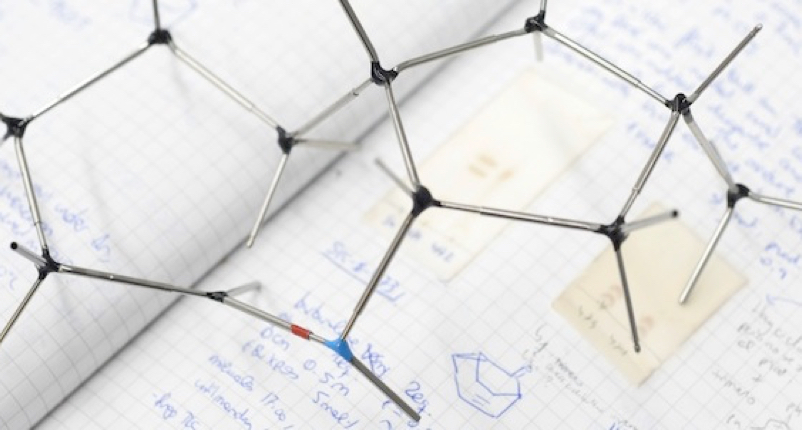C60 Fullerene-Induced Reduction of Metal Ions: Synthesis of C60-Metal Cluster Heterostructures with High Electrocatalytic Hydrogen-Evolution Performance
Metal clusters, due to their small dimensions, contain a high proportion of surface atoms, thus possessing a significantly improved catalytic activity compared with their bulk counterparts and nanoparticles. Defective and modified carbon supports are effective in stabilizing metal clusters, however, the synthesis of isolated metal clusters still requires multiple steps and harsh conditions. Herein, we develop a C60 fullerene-driven spontaneous metal deposition process, where C60 serves as both a reductant and an anchor, to achieve uniform metal (Rh, Ir, Pt, Pd, Au and Ru) clusters without the need for any defects or functional groups on C60. Density functional theory calculations reveal that C60 possesses multiple strong metal adsorption sites, which favors stable and uniform deposition of metal atoms. In addition, owing to the electron-withdrawing properties of C60, the electronic structures of metal clusters are effectively regulated, not only optimizing the adsorption behavior of reaction intermediates but also accelerating the kinetics of hydrogen evolution reaction. The synthesized Ru/C60-300 exhibits remarkable performance for hydrogen evolution in an alkaline condition. This study demonstrates a facile and efficient method for synthesizing effective fullerene-supported metal cluster catalysts without any pretreatment and additional reducing agent.

Yang, W.; Huang, Q.; Yan, Y.; Li, Y.; Xu, T.; Yu, A.; Zhao, Y.; Peng, P.; Wang, Y.; Echegoyen, L.; Li, F.-F.
Angew. Chem. Int. Ed. 2024,
DOI:
10.1002/ange.202414149

Let's create a brighter future
Join our team to work with renowned researchers, tackle groundbreaking
projects and contribute to meaningful scientific advancements


















